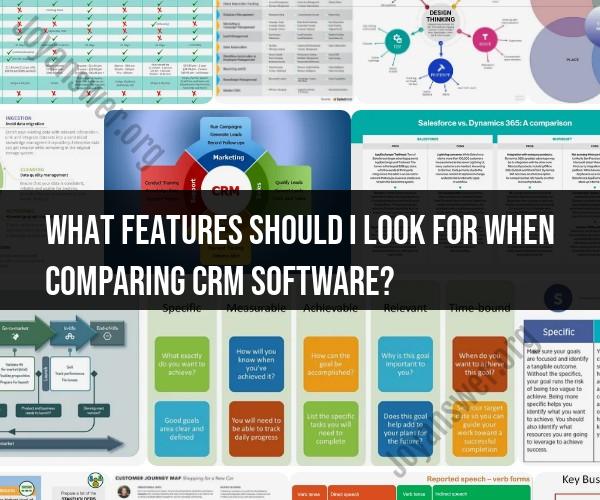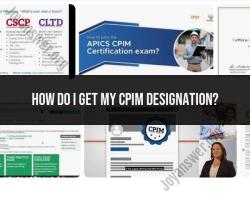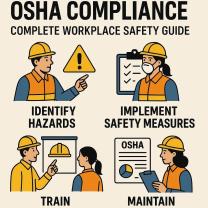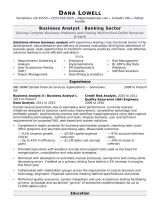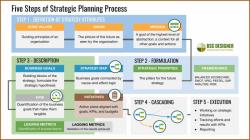What features should I look for when comparing CRM software?
When comparing CRM (Customer Relationship Management) software options, it's essential to consider various key features to ensure that you choose the right solution for your business needs. CRM software helps you manage customer interactions, improve communication, and streamline processes. Here are the important features to consider:
1. Contact Management:Efficiently manage and organize customer contacts, including their personal details, communication history, interactions, and preferences.
2. Sales and Opportunity Management:Track leads, sales opportunities, and deals through various stages of the sales pipeline. Look for features that allow you to assign tasks, set reminders, and forecast revenue.
3. Interaction Tracking:Record and monitor customer interactions across various channels, such as emails, calls, social media, and live chats. This helps provide a holistic view of customer engagement.
4. Reporting and Analytics:Access customizable reports and dashboards that provide insights into sales performance, customer behavior, trends, and other important metrics.
5. Integration Capabilities:Ensure that the CRM software can integrate with other tools your business uses, such as email, marketing automation, e-commerce, and customer support systems.
6. Automation and Workflow:Automate routine tasks, such as sending follow-up emails, assigning leads, and generating notifications, to streamline processes and save time.
7. Lead Management:Efficiently capture, qualify, and distribute leads among your sales team. Look for features that help you score leads based on their likelihood to convert.
8. Email Marketing Integration:Integration with email marketing tools allows you to create and send targeted campaigns to your contacts directly from the CRM.
9. Customer Support and Service:Some CRM systems include features for managing customer support tickets, inquiries, and tracking service history.
10. Mobile Access:Ensure the CRM has a mobile app or is mobile-responsive, enabling your team to access and update customer information on the go.
11. Customization and Scalability:Look for software that allows you to tailor fields, workflows, and processes to your business's unique needs. It should also be scalable as your business grows.
12. Security and Data Privacy:Data security is crucial. Choose a CRM solution that offers encryption, secure data storage, user authentication, and compliance with data protection regulations.
13. User-Friendly Interface:The CRM should have an intuitive and user-friendly interface that your team can easily adopt without extensive training.
14. Customer Segmentation:Segment your customer database based on various criteria such as demographics, behavior, and engagement to create targeted marketing campaigns.
15. Social Media Integration:Some CRMs offer social media monitoring and integration, enabling you to engage with customers and prospects on social platforms.
16. Pricing and Scalability:Evaluate the pricing structure, including any additional costs for features, users, or storage. Choose a solution that fits your budget and can accommodate your growth.
17. Customer Support:Check the availability and quality of customer support, including resources such as documentation, tutorials, and live assistance.
Remember that the right CRM software depends on your business's unique needs and goals. Prioritize the features that align with your workflows and customer relationship strategies, and consider involving key stakeholders in the decision-making process.
